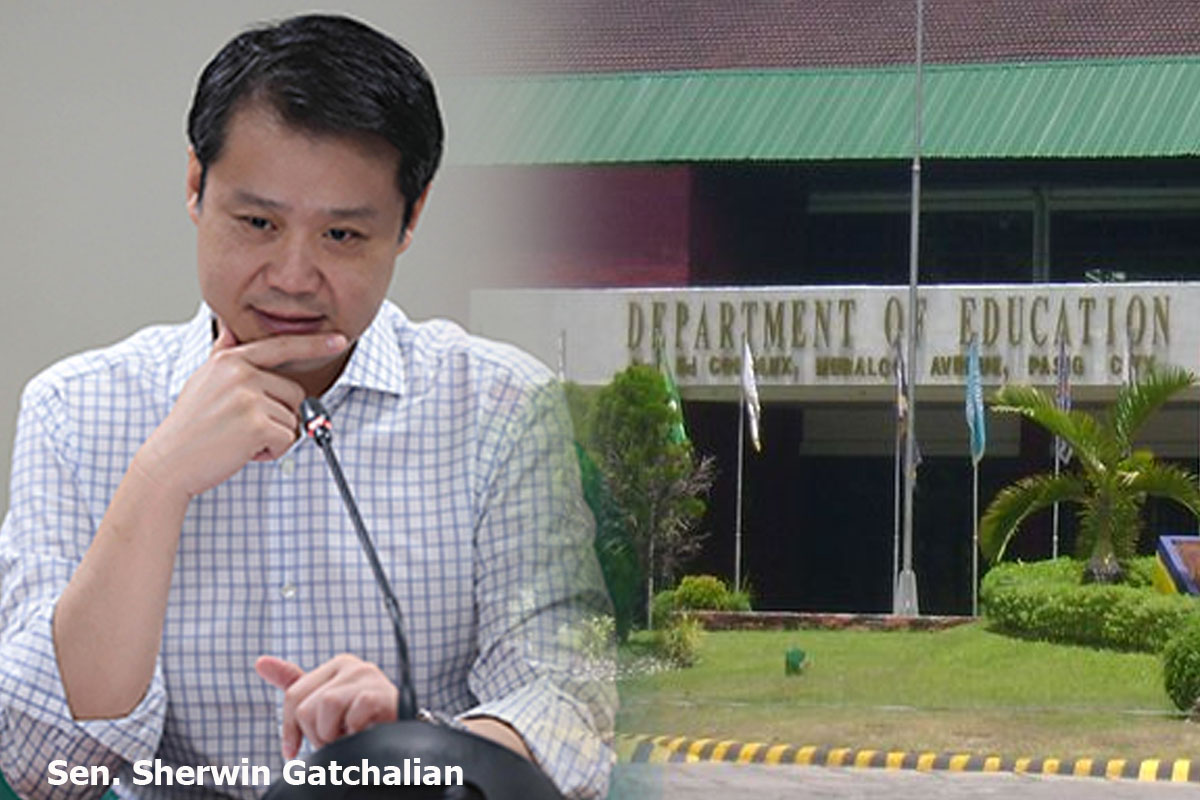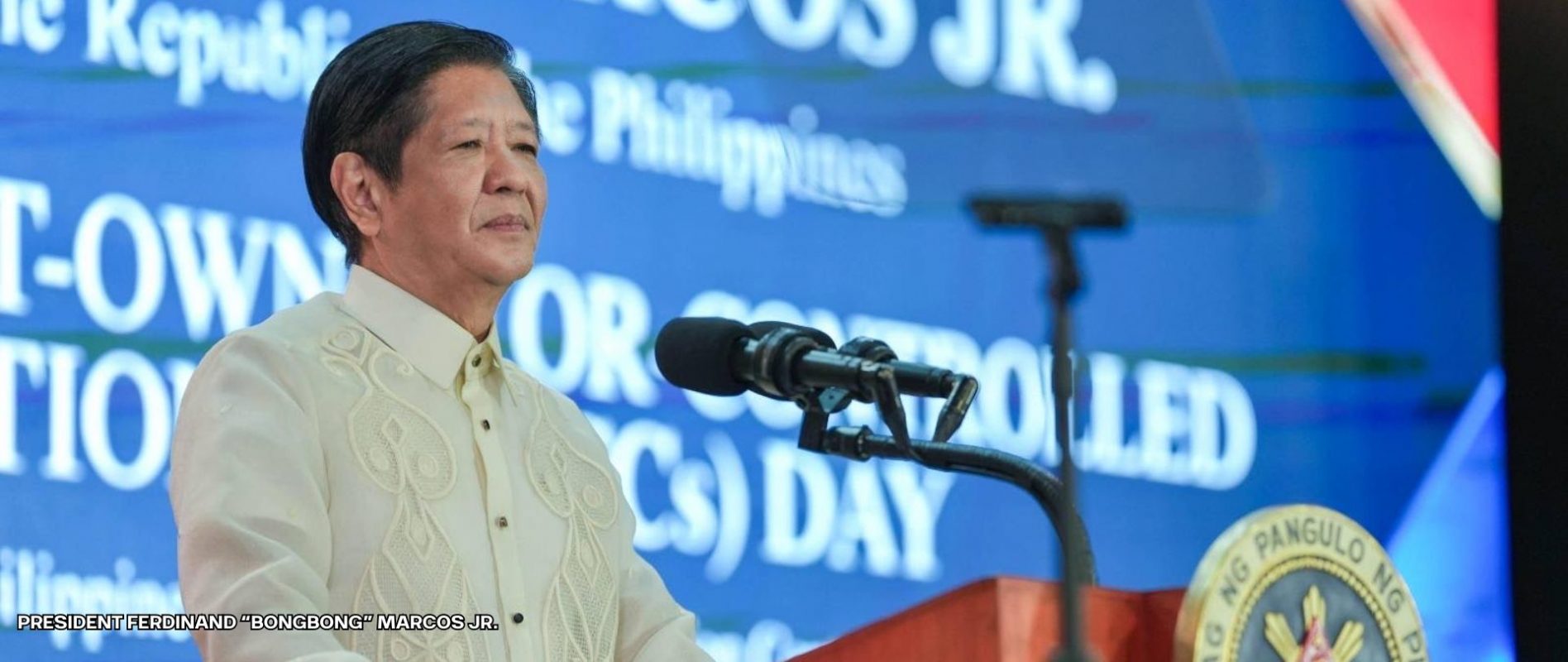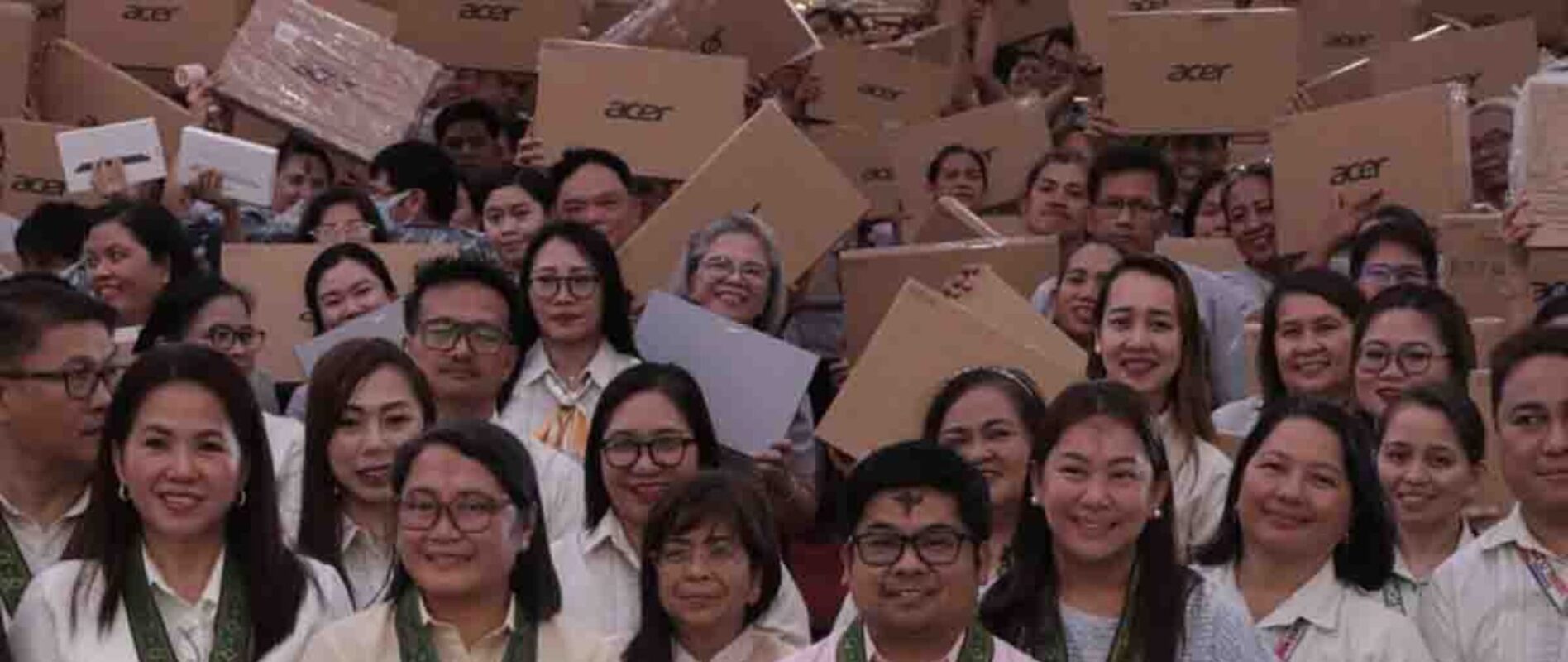SENATOR PRODS DEPED TO ADDRESS GAPS IN MOTHER TONGUE TEACHING IMPLEMENTATION
SENATOR Sherwin Gatchalian on Monday urged the Department of Education to address the gaps in the implementation of the spiral progression approach and the Mother Tongue-Based Multilingual Education policies under the Enhanced Basic Education Act of 2013 or the K to 12 Law.
Under the MTB-MLE program, instructions, teaching materials, and assessment shall be in the native language of learners from Kindergarten to Grade 3.
From Grade 4 to Grade 6, Filipino and English are gradually introduced through a language bridge program. These two languages are the medium of instruction at the secondary level.
The spiral progression approach allows the teaching of simplistic to complicated ideas where learners revisit topics or subjects several times.
“Bagama’t maganda ang layunin ng mother tongue policy at spiral progression approach, maraming pagkukulang sa pagpapatupad ng mga ito. Sa ating pagreporma sa curriculum, kailangan nating punan ang mga pagkukulang na ito upang matiyak nating nakatutulong ang mga polisiyang ito sa pagkatuto ng mga mag-aaral,” Gatchalian said.
A workshop for teachers organized last year by the senator and non-government organization Synergeia Foundation evaluated the spiral progression approach and the MTB-MLE.
Based on the results of the workshop, there were few or no teachers who were trained to teach all the branches or areas of a subject.
Science teachers, for example, were only trained to teach in one area of expertise rather than the different branches of the subject such as Chemistry, Biology, and Physics.
Among the problems identified in the workshop were inadequacy of learning materials and teacher training on the use of the mother tongue and transitioning to the second language.
Other studies also pointed to gaps of the MTB-MLE and the spiral progression approach.
A 2018 study by Philippine Normal University showed that the spiral progression content is not concentrated and extensive. It also requires the need for competent and highly qualified teachers as well as sufficient facilities.
A 2019 discussion paper from the Philippine Institute for Development Studies revealed that among the challenges of the MTB-MLE program are inadequate teacher and school preparation and lack of textbooks and learning materials.














